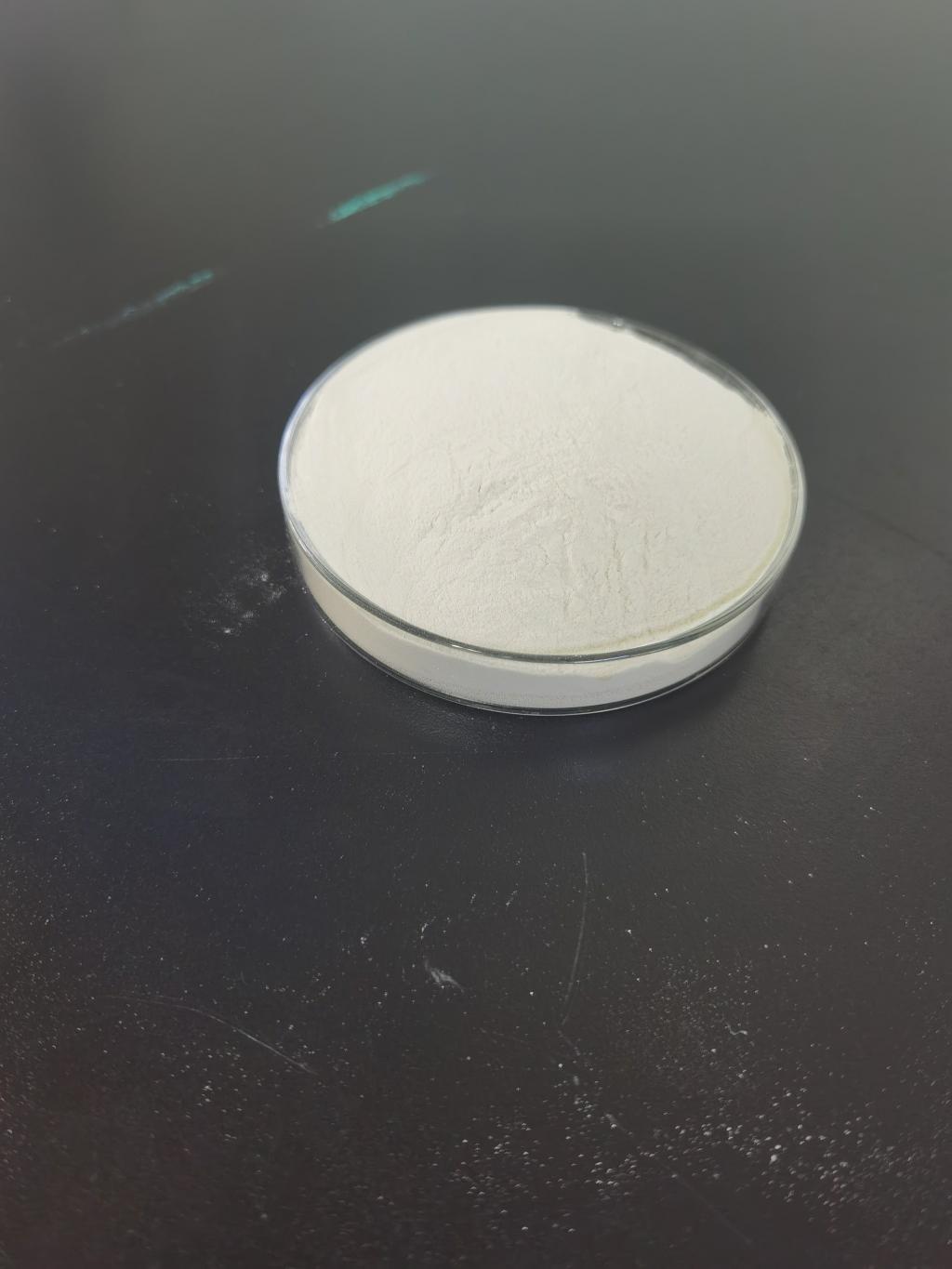Tel:+8618231198596

News
 CONTACT
CONTACT
 CONTACT
CONTACT
- Linkman:Linda Yao
- Tel: +8618231198596
- Email:linda.yao@dcpharma.cn
- Linkman:CHARLES.WANG
- Department:Overseas
- Tel: 0086 0311-85537378 0086 0311-85539701
News
What is the role of Nisin in reducing food waste?
TIME:2023-05-12
Nisin is a natural antimicrobial peptide produced by some strains of the bacterium Lactococcus lactis. It has been widely used as a food preservative for over 50 years and has been approved for use in over 50 countries. Nisin's antimicrobial activity inhibits the growth of a range of bacteria, including pathogenic and spoilage organisms, thereby extending the shelf life of food products.
One of the main ways nisin can help reduce food waste is by preventing spoilage caused by bacterial growth. Bacteria are one of the main causes of food spoilage, leading to off-flavors, odors, and textures, which can make the product unsuitable for consumption. By inhibiting bacterial growth, nisin helps preserve the quality of food products, reducing the likelihood of spoilage and subsequent waste.
Another way nisin can help reduce food waste is by extending the shelf life of food products. Foods with a longer shelf life are less likely to be wasted due to spoilage or expiration. Nisin's ability to extend the shelf life of food products means that they can remain fresh and safe for consumption for a more extended period, reducing the likelihood of waste.
Moreover, nisin's ability to inhibit the growth of pathogenic bacteria can also contribute to reducing food waste. Contamination by pathogenic bacteria is a significant concern for food safety and can result in food recalls or disposal. The use of nisin as a preservative can help prevent the growth of pathogenic bacteria, reducing the risk of contamination and waste.
In addition to reducing food waste, the use of nisin as a preservative can also contribute to improving food security. Food security is defined as the ability of individuals and communities to access sufficient, safe, and nutritious food to meet their dietary needs. By extending the shelf life of food products, nisin can help ensure that food is available for longer periods, reducing the risk of food shortages and improving access to food.
However, it is important to note that the use of nisin as a food preservative is subject to regulations and guidelines set by food safety authorities. Maximum permitted levels and specific applications vary between countries, and it is essential for food manufacturers to adhere to these regulations to ensure consumer safety and maintain product quality.
In conclusion, nisin's ability to inhibit bacterial growth and extend the shelf life of food products plays a critical role in reducing food waste and improving food security. By preserving the quality and safety of food products, nisin can help ensure that food is available for longer periods, reducing the likelihood of waste and improving access to nutritious food. However, it is important for food manufacturers to adhere to regulations and guidelines to ensure consumer safety and maintain product quality.
- Tel:+8618231198596
- Whatsapp:18231198596
- Chat With Skype







